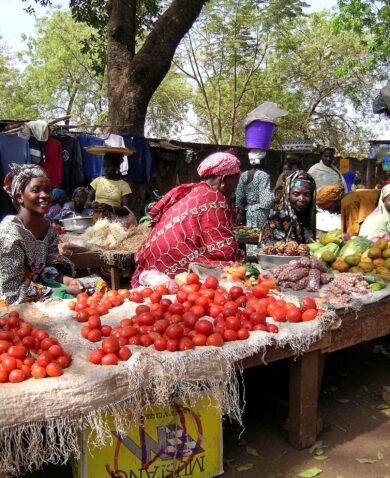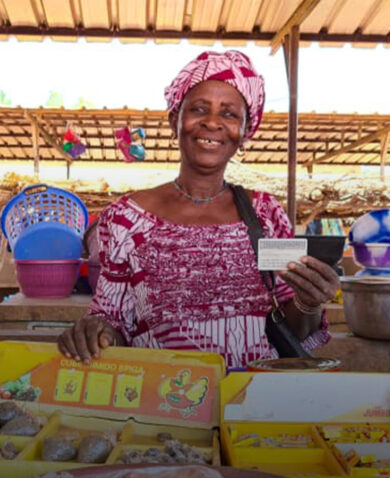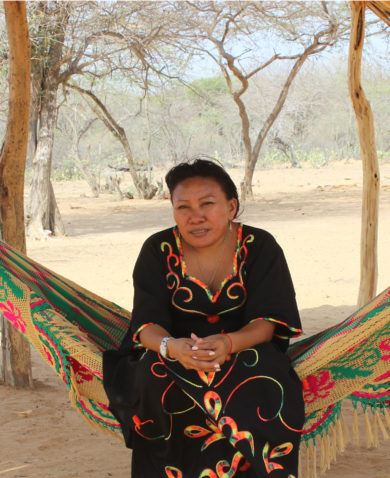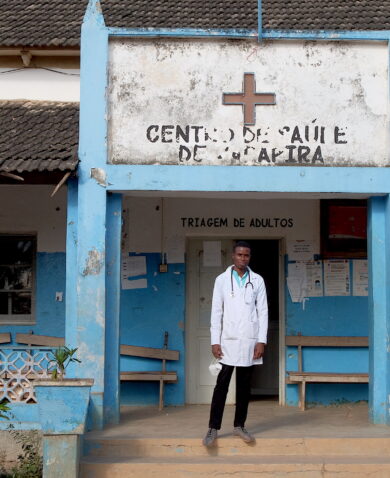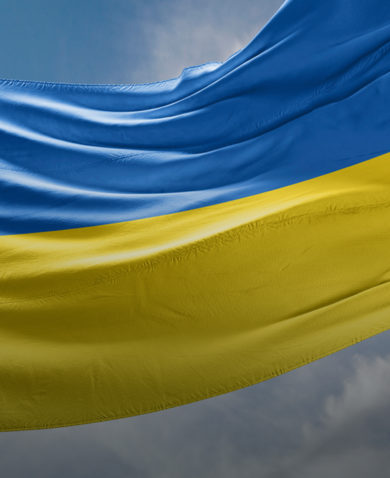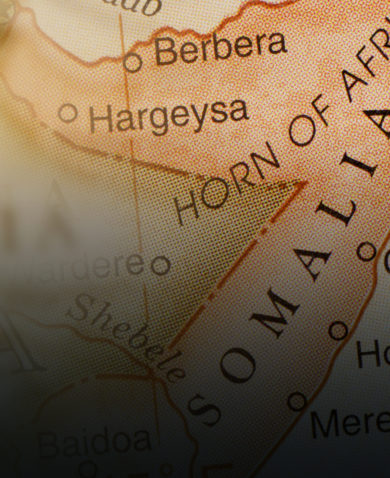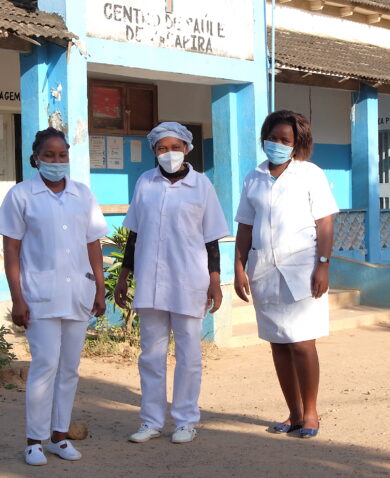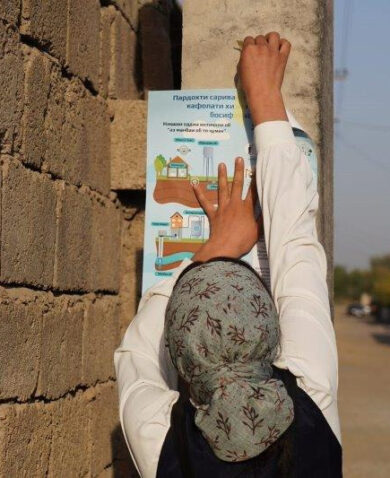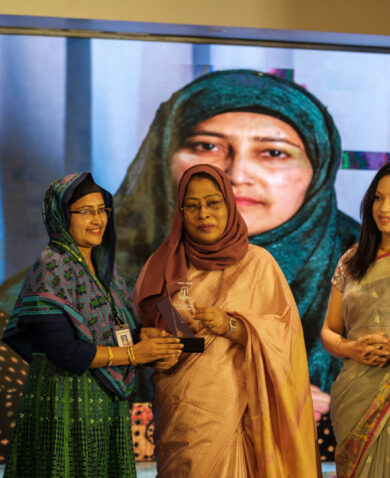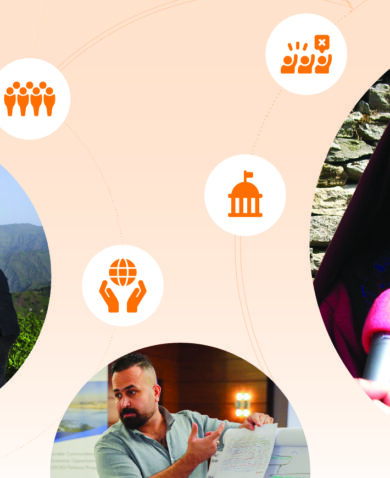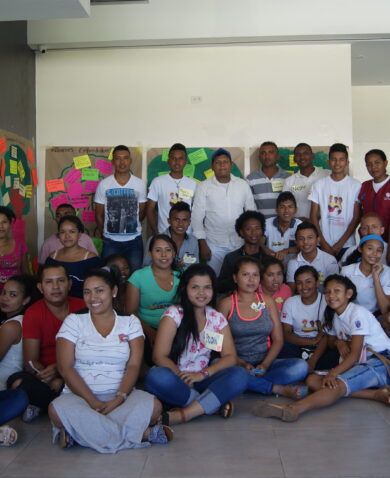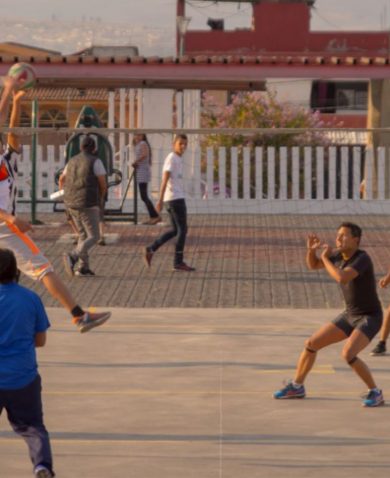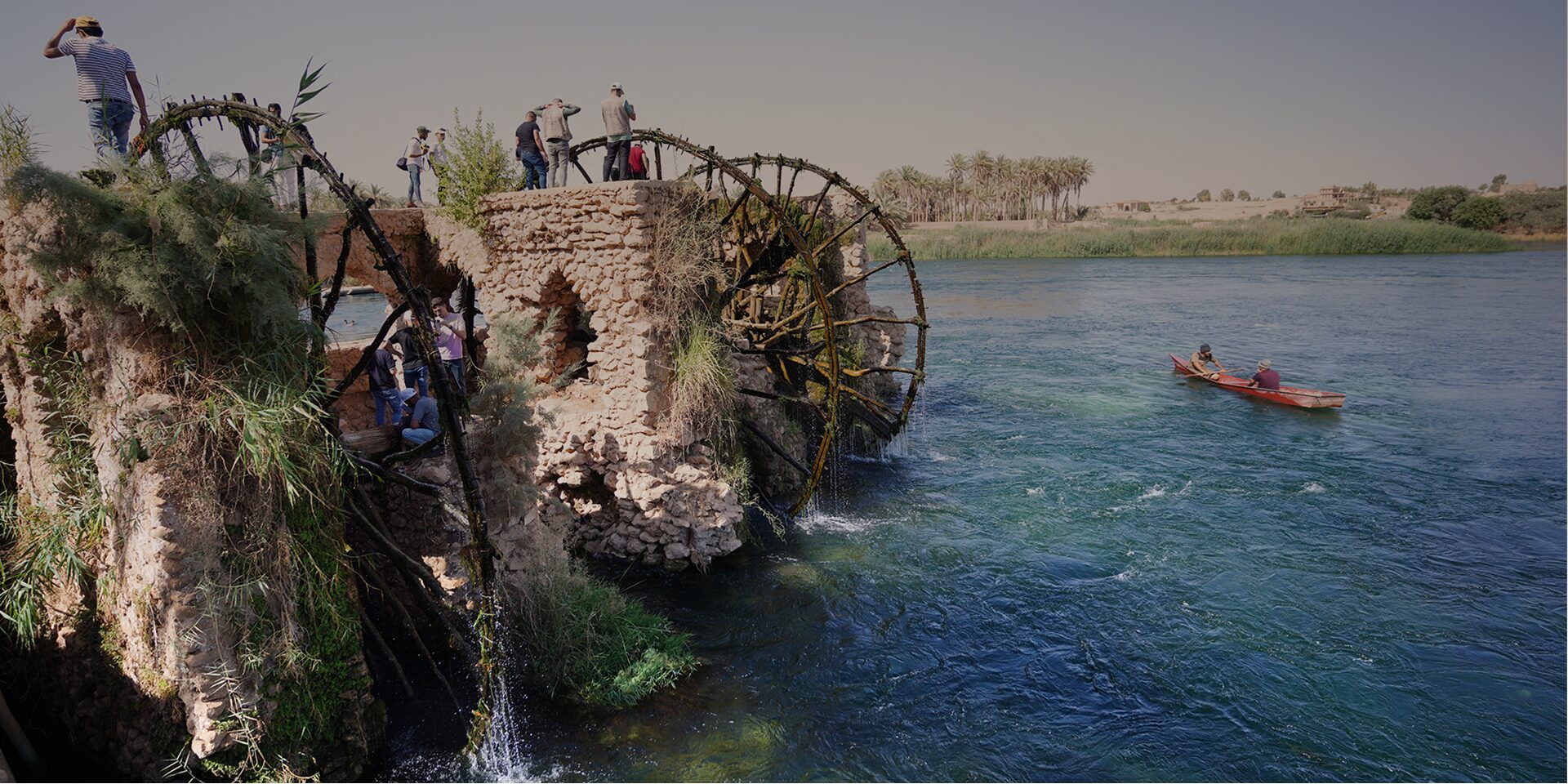
Five Pillars to Build Resilience and Connectivity in Post-Conflict Communities
August 6, 2024 | 4 Minute ReadFostering resilience in Iraq through digital solutions.
In a diverse country like Iraq, which has endured numerous wars and conflicts, there are countless stories waiting to be told. Stories of survival, resilience, success, and diversity, each offering a unique glimpse into the rich tapestry of Iraqi life. However, Iraq has long suffered a scarcity of independent media outlets, with many traditional and emerging digital media channels heavily influenced by competing political interests. This, and the increasing prevalence of disinformation, has sowed distrust in the information ecosystem. Additionally, divisive rhetoric, negative content, and disinformation spread swiftly, fueling existing tensions and stereotypes, and, on multiple occasions, violence between Iraq’s diverse communities. At the same time, the media overlooks countless stories of individuals and groups working together to overcome barriers or demonstrate citizen engagement, missing a key opportunity to inspire hope and encourage civic action.
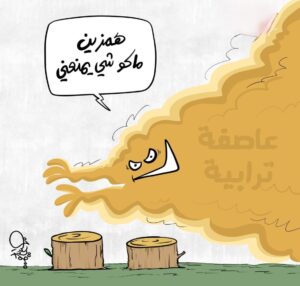
The Iraq Community Resilience Initiative (ICRI), funded by USAID’s Office of Transition Initiatives, aims to support inclusive and stable communities. Digital media, which has over 31 million users in Iraq, provides opportunities to bring communities together, encourage collaboration among individuals, and share understanding and awareness. ICRI’s digital engagement strategy was informed by an ecosystem approach which included a social media analysis of the country’s online demographics, interests, and behaviors. Research into credible grassroots initiatives revealed that, during the past ten years, change-makers have emerged within the digital media landscape. Despite the drive to tell their stories, many creators lack the resources to sustain an influential media presence, or their voices are overshadowed by counter-narratives.
Based on these findings, ICRI awarded grants to local media activists and organizations, enabling the establishment and sustainability of credible social media channels. This support empowered media activists and organizations to maintain operations beyond the grant period. In a matter of two years, ICRI’s media partners produced over 3,100 videos, photos, stories, and live shows in Arabic, Kurdish, and Yazidi Kurdish languages, reaching millions of Iraqis nationwide. There are five key pillars of ICRI’s work which contributed to the lasting success of this initiative:
1. Empower Mission-Driven Partners
ICRI identified 11 mission-driven media activists and organizations across Iraq with a proven capacity to lead change. Driven by profound personal commitments to their causes—whether it’s providing reliable media coverage, empowering women, or raising awareness about environmental protection—these creators are highly motivated and dedicated to what they do. They are resilient in the face of challenges, and likely to continue their efforts even after the grant period ends. ICRI sponsored their training in both soft and technical skills and provided them with tools and working spaces to start or expand their operations.
2. Anticipate and Mitigate Harm
ICRI consulted directly with each activist and organization, taking the time to understand their unique needs and priorities and actively integrate the partners’ perspectives into ICRI’s support. For example, one grantee prioritized posting informal interviews in public spaces to spread the stories of everyday citizens. However, after the deteriorating security situation put the interviewers and interviewees at risk, ICRI worked with the platform to develop a system for accepting and vetting citizen video submissions. This ensured they could still achieve their goal of providing credible media coverage for the community during conflict.
3. Support Business Development Training
Many of the media activists and organizations faced difficulty sustaining their efforts due to financial constraints. ICRI sponsored business development training for media activists and organizations, enabling them to effectively attract funding, leverage resources, and implement innovative business models to ensure the long-term viability of their projects. For example, several program media partners began incorporating paid advertisements by Iraqi companies to fund their operational costs. Not only did they promote Iraqi business initiatives, but they also built relationships that allowed them to sustain their media presence.
4. Networking is Key
Recognizing the importance of a collaborative ecosystem of media professionals, ICRI established networks among its media partners to facilitate information sharing and resource exchange. The value of this network was exemplified during the Annual Spring Festival in Mosul. Understanding that the high community participation represented hope and recovery for Iraqis, one media partner in Mosul proactively covered the event, then freely shared the photos and videos with three other media outlets, allowing them to share the event within their target communities. This positive content was further amplified on national media channels, encouraging other provinces to hold similar celebrations.
5. Tailor Content to Target Audiences
ICRI granted its media partners full ownership and autonomy over content creation and platform management. Media partners were empowered to develop tailored content that resonates with their target audience, which not only led to the production of effective content, but also fostered a sense of ownership and commitment to the platform’s success. Media activists were encouraged to create space for their audiences to contribute content to their platforms, resulting in a continuous flow of timely, relevant, and free content. This strengthened the bond between the platforms and their target audience. The content came from the community and was for the community.
Digital media is a powerful tool for spreading messages in restrictive environments. In Iraq, social media is a popular tool to amplify existing grassroots initiatives. ICRI’s support has strengthened Iraqis’ resilience by contributing to a media environment that promotes unity and encourages collective action. Media activists and organizations, once marginalized, now have a stronger voice and are empowered to advocate for their community and contribute to the advancement of Iraqi society.
Banner image caption: A media partner promotes domestic tourism by highlighting Heet waterwheels on the banks of the Euphrates River. While modern technology has largely replaced waterwheels in industrial settings, they continue to be appreciated for their aesthetic value and as a vital aspect of Iraq’s heritage.
Posts on the blog represent the views of the authors and do not necessarily represent the views of Chemonics.





